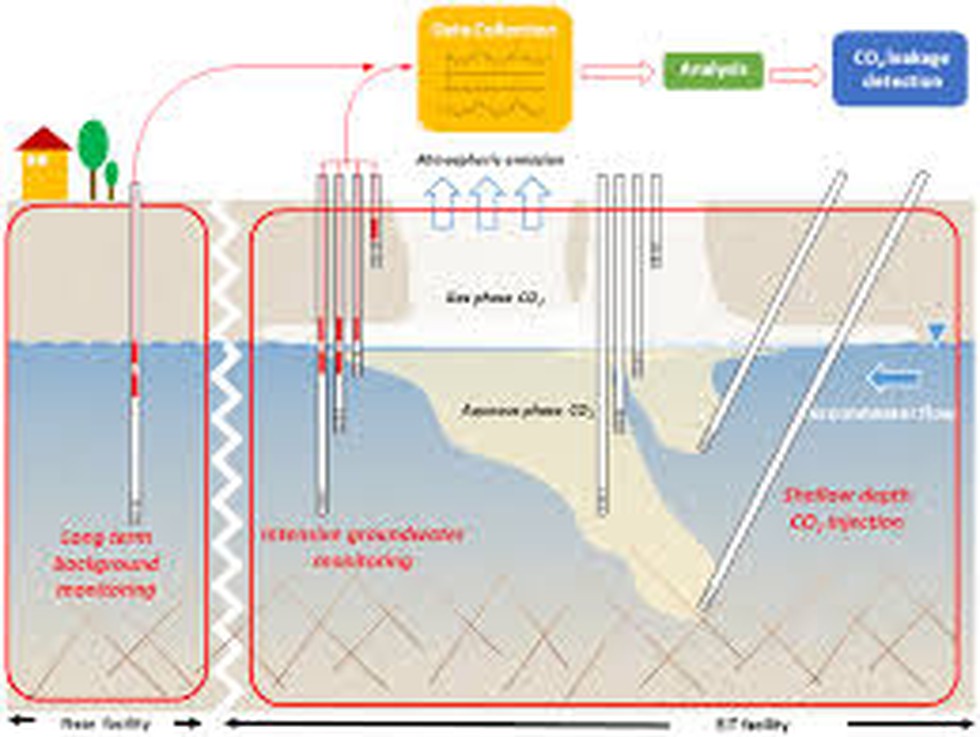The state government has initiated significant measures to address water scarcity and enhance groundwater sustainability by launching pilot projects for Shallow Aquifer Management in the Habsiguda and Sainikpuri regions. These projects aim to implement innovative techniques for better management of shallow aquifers, which are essential for meeting local water needs.
Objectives of the Shallow Aquifer Management Projects
- Groundwater Recharge: The projects aim to recharge groundwater levels to ensure a sustainable water supply.
- Reduction of Over-Extraction: By managing aquifer usage, the projects seek to reduce over-extraction of groundwater.
- Promotion of Sustainable Water Usage: Advanced techniques and community involvement will be used to promote sustainable water usage practices.
Methodology
- Advanced Modeling Techniques: Utilizing state-of-the-art modeling to understand aquifer characteristics and devise management strategies.
- Community Participation: Engaging local residents in activities such as rainwater harvesting, maintaining recharge wells, and reducing water wastage.
Expert Involvement
Experts from the state’s water resources department are playing a crucial role in these projects:
- Monitoring Groundwater Levels: Continuous monitoring to track changes in groundwater levels.
- Assessing Recharge Methods: Evaluating the effectiveness of different recharge methods.
- Guiding Best Practices: Providing guidance on best practices for water conservation.
Community Engagement
- Education and Awareness: Local residents are being educated about the importance of groundwater conservation.
- Active Participation: Encouraging community members to participate in water conservation activities.
Future Implications
- Potential for Wider Implementation: Successful implementation in Habsiguda and Sainikpuri could lead to broader adoption across the state.
- Blueprint for Other Regions: These models could serve as a foundation for water management strategies in other regions facing similar water scarcity issues.
Conclusion
As water scarcity continues to be a critical issue, these pilot projects represent a proactive approach to securing a reliable water supply for future generations. The success of these projects could make Shallow Aquifer Management a key element of the state’s overall water management strategy.
Multiple Choice Questions (MCQs):
- What is the main objective of the Shallow Aquifer Management projects?
- a) To build new water reservoirs
- b) To recharge groundwater levels and promote sustainable water usage
- c) To increase the supply of bottled water
- d) To reduce rainwater harvesting
- Answer: b) To recharge groundwater levels and promote sustainable water usage
- Which regions are the pilot projects for Shallow Aquifer Management being implemented in?
- a) Habsiguda and Sainikpuri
- b) Hyderabad and Secunderabad
- c) Bangalore and Chennai
- d) Mumbai and Pune
- Answer: a) Habsiguda and Sainikpuri
- Who is closely involved in the development and implementation of these pilot models?
- a) Local schools
- b) State’s water resources department experts
- c) Private companies
- d) International NGOs
- Answer: b) State’s water resources department experts
- What role does community engagement play in these projects?
- a) No role at all
- b) Secondary role to experts
- c) Pivotal role in education and participation
- d) Only in monitoring groundwater levels
- Answer: c) Pivotal role in education and participation
- What activities are local residents encouraged to participate in?
- a) Buying more water bottles
- b) Rainwater harvesting and maintaining recharge wells
- c) Constructing new aquifers
- d) Importing water from other states
- Answer: b) Rainwater harvesting and maintaining recharge wells
